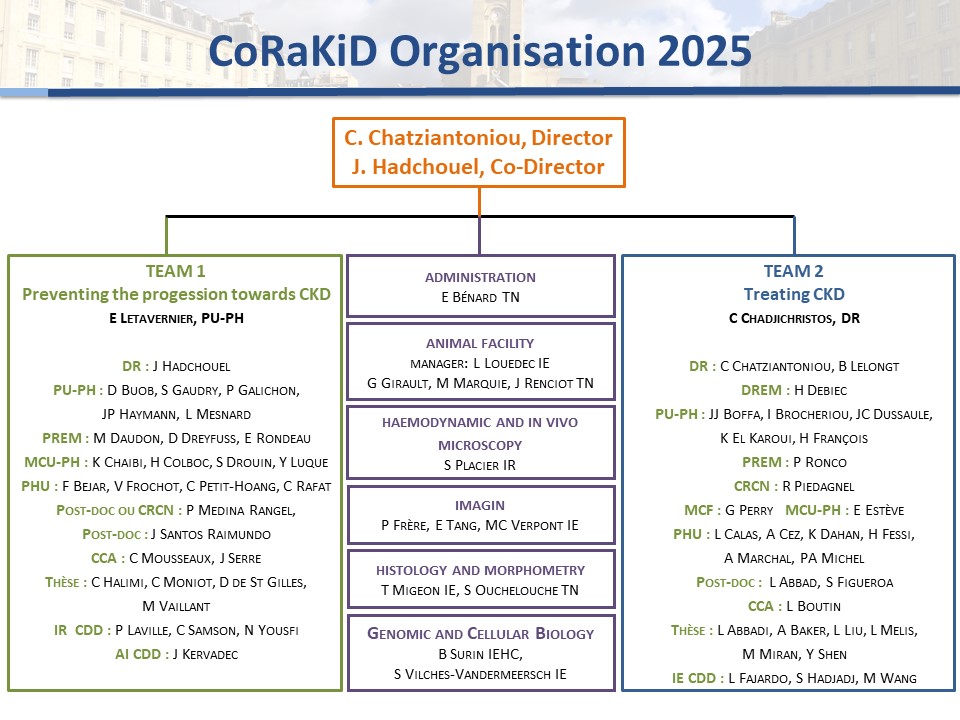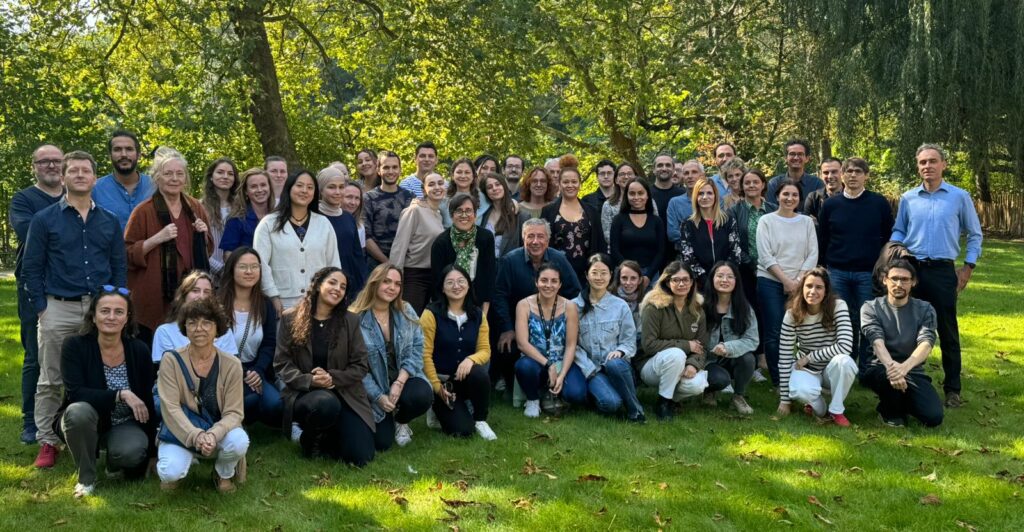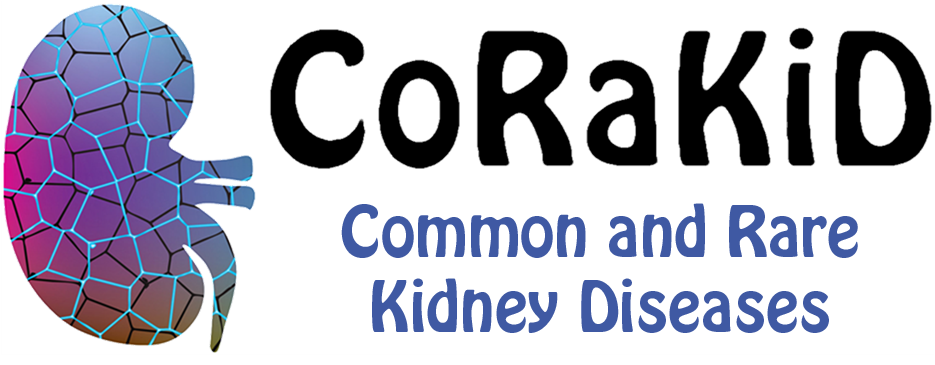Contexte international
L’objectif de notre unité est de lutter contre les maladies rénales, un enjeu majeur de santé publique. Le nombre de personnes souffrant de dysfonction(s) rénale(s) est estimé à 1 milliard dans le monde d’ici 2025, avec un taux d’augmentation annuel de 7 à 9 % depuis 2000. Le déclin progressif de la fonction rénale conduit à une insuffisance rénale terminale (IRT), pour laquelle les seules solutions actuellement disponibles sont l’hémodialyse ou la transplantation, avec une espérance de vie médiane de 5 à 7 ans. Ainsi, l’objectif principal de notre unité est de proposer une approche globale des mécanismes responsables de la perte de fonction rénale et de la réparation tissulaire altérée, d’identifier des biomarqueurs spécifiques pour un diagnostic précoce, et de développer des traitements plus efficaces et ciblés contre l’insuffisance rénale progressive afin d’enrayer l’augmentation du nombre de personnes nécessitant une dialyse et/ou une transplantation.
Stratégie de Recherche
Notre stratégie de recherche repose sur l’utilisation de méthodologies de pointe telles que des souris génétiquement modifiées, la délivrance ciblée de médicaments spécifiques, ainsi que des analyses bio-informatiques et génétiques. Ces approches permettent d’étudier le rôle d’un gène candidat prédéfini, et/ou d’appliquer des hypothèses thérapeutiques pour identifier les mécanismes et médiateurs sous-jacents, et/ou de corréler certaines mutations génétiques à des pathologies rénales spécifiques.Un objectif commun aux différents projets est l’identification de processus cellulaires altérés, de nouveaux marqueurs ou d’associations génétiques prédictives d’un risque accru de maladie rénale, et la validation de cibles thérapeutiques exploitables dans les pathologies rénales.
Organisation de l’unité
L’unité CoRaKiD est dirigée par le Dr Christos Chatziantoniou et, depuis le 1er janvier 2024, également par le Dr Juliette Hadchouel. Les projets sont répartis en 4 thématiques, comme illustré dans le schéma ci-dessous. À partir de janvier 2025, nous prévoyons de structurer l’unité en deux équipes, dirigées respectivement par le Pr Emmanuel Letavernier (Équipe 1) et le Dr Christos Chadjichristos. L’Équipe 1 se concentrera sur la prévention de la progression vers la maladie rénale chronique (MRC), tandis que l’Équipe 2 sera dédiée au traitement de la MRC.


